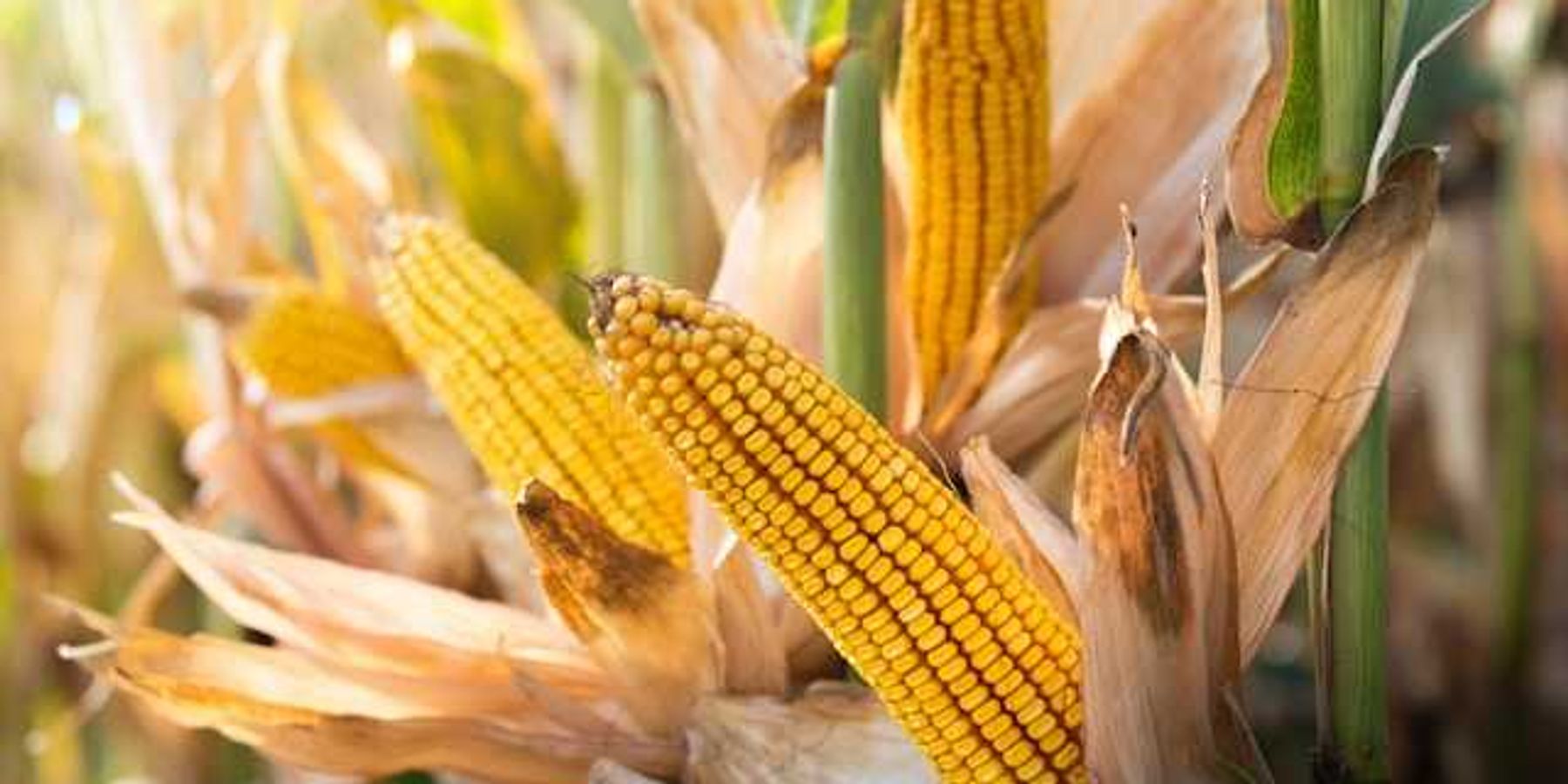climate smart
US 'climate-smart' agriculture funding often misses its target
A new report criticizes more than half of U.S. federal "climate-smart" agriculture funding for not effectively reducing greenhouse gas emissions.
In short:
- A report by the Environmental Working Group (EWG) reveals that $1.9bn of the allocated $3bn for "climate-smart" practices might not combat climate change.
- The USDA's Environmental Quality Incentives Program (EQIP), despite its aims, supports some farming methods with dubious benefits to the climate.
- Practices such as nutrient management are beneficial, yet a significant portion of EQIP funds are used for questionable methods like animal waste storage facilities construction.
Key quote:
"There’s not a lot outside of these federal programs that are going to help farmers reduce their emissions. So if this money isn’t going to the right practices, then agriculture as a whole in the United States is not going to reduce their emissions."
— Anne Schechinger, author of the EWG report
Why this matters:
Effective use of federal funds for farming practices directly impacts the U.S. agriculture sector's ability to mitigate its role in the climate crisis. This report challenges the current allocation, suggesting a reevaluation to truly benefit the environment and contribute to national efforts against climate change.
Be sure to read Cameron Oglesby’s piece about how climate change is stunting farm production.
What would a climate-smart farm bill even look like?
Although it seems like everyone in D.C. is buzzing about a “climate farm bill,” some of the most impactful changes, including crop diversification and shifting diets from meat toward plants, are barely on the negotiating table.
‘Climate smart’ policies could increase southern Africa’s crops by up to 500%
The climate crisis is threatening food stocks in sub-Saharan Africa, but a comprehensive approach to food, farming and resources could increase crop production by more than 500% in some countries in the region, according to new research by more than 200 experts.
Michigan farmers encouraged to apply for new USDA "climate-smart" program
Michigan farmers say the U.S. Department of Agriculture’s new, billion-dollar investment in projects by “climate-smart” farmers, ranchers and forest landowners will make a big difference in the fight to protect the environment.
As wildfire smoke permeates even indoors, is government doing enough to respond?
There is a global effort to understand what's in tiny bits of wildfire ash, and what they can do to human bodies and the environment.









